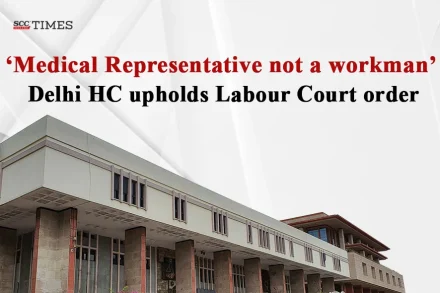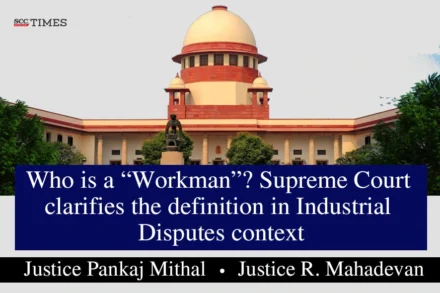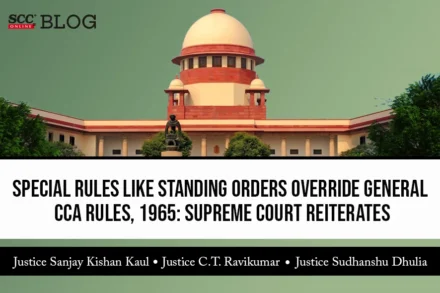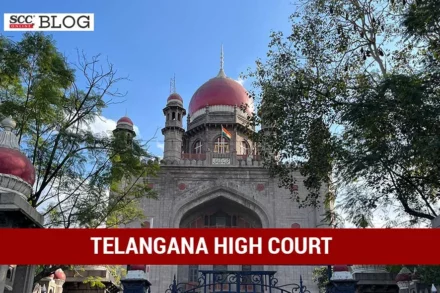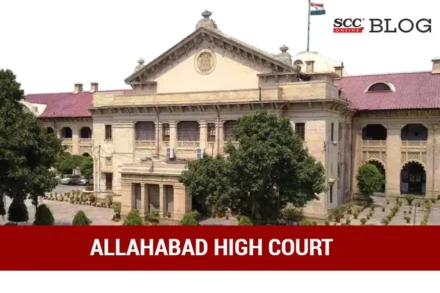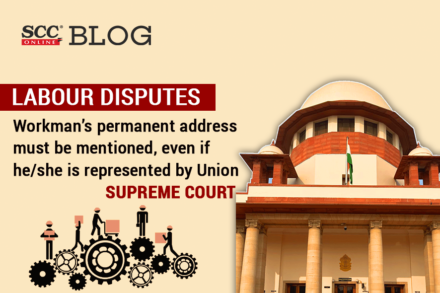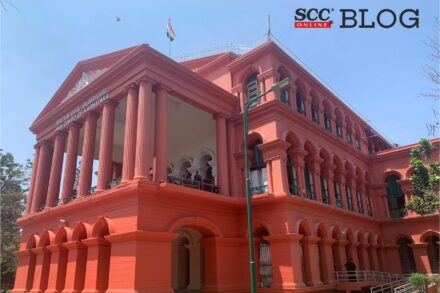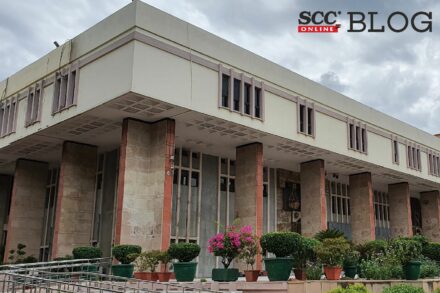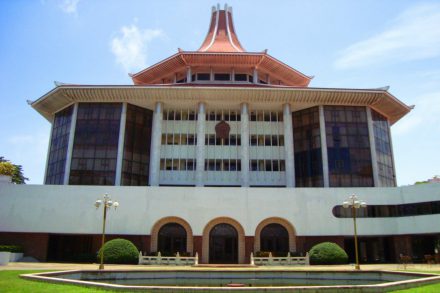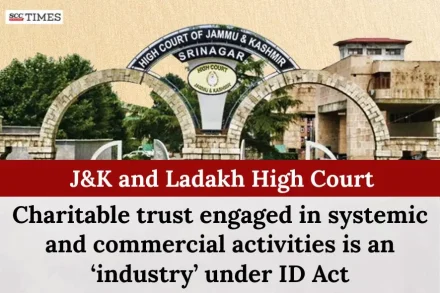
Charitable trust engaged in systemic and commercial activities is an ‘industry’ under ID Act: J&K and Ladakh HC
“Under the Triple Test, the Trust’s activities were systemic and organised, aimed at fulfilling human wants, including spiritual or religious needs, while also involving commercial operations. Therefore, its functions were not purely religious or selfless but carried out in a commercial manner, thus falling within the definition of ‘industry’.”


